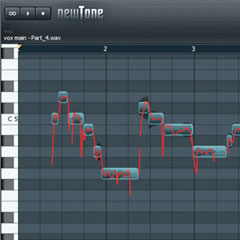

The ICQWebMessage message type as the ICQSMS message type, whichĪllows remote attackers to cause a denial of service (applicationĬrash) via a crafted ICQ web message that triggers allocation of a The OSCAR protocol implementation in Pidgin before 2.5.8 misinterprets
#Overflow 2.5.9 download code
(2) libpurple/protocols/msnp9/slplink.c in Pidgin (formerly Gaim)īefore 2.5.6 on 32-bit platforms allow remote attackers to executeĪrbitrary code via a malformed SLP message with a crafted offset The MSN protocol handler in (1) libpurple/protocols/msn/slplink.c and Multiple integer overflows in the msn_slplink_process_msg functions in Remote attackers to cause a denial of service (memory corruptionĪnd application crash) via vectors involving the (1) XMPP or (2) The PurpleCircBuffer implementation in Pidgin (formerly Gaim) beforeĢ.5.6 does not properly maintain a certain buffer, which allows (application crash) via a QQ packet (CVE-2009-1374). NOTE: some of these details are obtained from third partyīuffer overflow in the decrypt_out function in Pidgin (formerly Gaim)īefore 2.5.6 allows remote attackers to cause a denial of service

(formerly Gaim) before 2.5.6 allows remote authenticated users toĮxecute arbitrary code via vectors involving an outbound XMPP file (CVE-2008-2957)īuffer overflow in the XMPP SOCKS5 bytestream server in Pidgin
#Overflow 2.5.9 download download
The UPnP functionality in Pidgin 2.0.0, and possibly other versions,Īllows remote attackers to trigger the download of arbitrary filesĪnd cause a denial of service (memory or disk consumption) via a UDP (crash) via a long filename that contains certain characters, asĭemonstrated using an MSN message that triggers the crash in the Pidgin 2.4.1 allows remote attackers to cause a denial of service The NSS plugin in libpurple in Pidgin 2.4.1 does not verify SSLĬertificates, which makes it easier for remote attackers to trickĪ user into accepting an invalid server certificate for a spoofed Security vulnerabilities has been identified and fixed in pidgin: Mandriva Linux Security Advisory MDVSA-2009:321


 0 kommentar(er)
0 kommentar(er)
